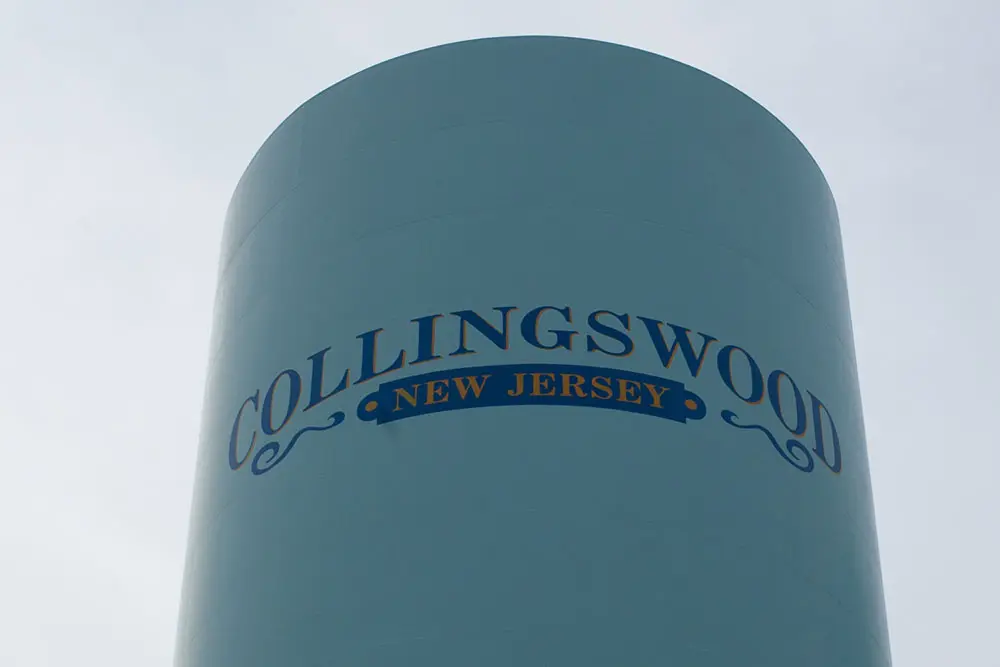New Jersey, a state always striving to protect its residents and natural resources, is tightening its grip on “forever chemicals” in drinking water, a move that requires significant investment in aging infrastructure across our communities. Collingswood, a charming borough known for its vibrant downtown and tree-lined streets, is now facing a substantial financial undertaking to upgrade its water treatment facilities, with estimated costs ranging from $15 to $25 million. This challenge, however, is being met with proactive planning and a determined search for innovative solutions.
The Invisible Threat: Understanding PFAS
The term “forever chemicals” refers to a group of synthetic compounds known as PFAS (Per- and Polyfluoroalkyl Substances). These chemicals have been widely used in various industrial and consumer products for decades due to their resistance to water, oil, and heat. Unfortunately, their persistence in the environment and potential health impacts have become a growing concern. New Jersey has been at the forefront of establishing stringent regulations for PFAS in drinking water, setting some of the nation’s lowest maximum contaminant levels (MCLs) to safeguard public health. While the new federal standards for PFAS will come into full force by April 2029, New Jersey has already adopted its own strict limits, requiring water systems to take action to comply.
For municipalities like Collingswood, meeting these rigorous new standards means upgrading existing water treatment plants with advanced filtration technologies capable of removing these microscopic, resilient compounds. This is a considerable task, especially for infrastructure that has served the community for decades.
Collingswood’s Investment in a Healthier Tomorrow
The estimated $15 to $25 million price tag for Collingswood’s water plant rebuild represents a significant investment in the borough’s future and the well-being of its residents. These funds will be allocated towards state-of-the-art treatment systems, such as granular activated carbon (GAC) filters, which are highly effective in capturing PFAS molecules. Beyond the technical upgrades, this modernization also ensures long-term reliability and efficiency for the water supply system.
Understanding the substantial financial burden this places on a single municipality, Collingswood is actively exploring a variety of avenues to defray these costs. Their strategy includes:
- Seeking Grants: The borough is actively pursuing state and federal grant opportunities specifically designed to assist communities with water infrastructure improvements and PFAS remediation. New Jersey has received significant federal funding through programs like the Bipartisan Infrastructure Law, much of which is earmarked for addressing emerging contaminants like PFAS in drinking water, especially for small or disadvantaged communities.
- Low-Interest Loans: Accessing low-interest loans, often available through programs like the New Jersey Infrastructure Bank (NJ Water Bank), can significantly reduce the overall cost burden compared to traditional financing. These programs are vital in enabling municipalities to undertake critical upgrades without unduly straining local budgets.
- 3M Settlement Funding: A crucial potential source of funding for Collingswood, and indeed many New Jersey communities, comes from a landmark $10 billion national settlement with the manufacturer 3M. New Jersey recently reached a separate, historic settlement with 3M for up to $450 million to address PFAS contamination across the state. These funds are intended to go towards cleaning up polluted water, restoring natural resources, and abating PFAS in drinking water systems. Collingswood hopes to access a portion of this settlement to directly support its water plant upgrades, ensuring polluters contribute to the solution.
A Statewide Challenge, A Community’s Commitment
Collingswood’s situation is not isolated; it mirrors a statewide, and even national, challenge as communities grapple with the costs and complexities of removing PFAS from drinking water. New Jersey’s proactive stance on PFAS regulation, while demanding, reflects a deep commitment to public health. The collaborative efforts between municipalities, state agencies, and federal programs are essential in addressing this widespread environmental concern.
The journey to modernize water infrastructure and meet tightening standards is a testament to Collingswood’s dedication to providing safe, clean drinking water for generations to come. It’s a powerful example of how communities across the Garden State are investing in their foundational services to ensure a healthier future. For more on how New Jersey communities are addressing critical issues and other local developments, you can always explore our New Jersey News section.












